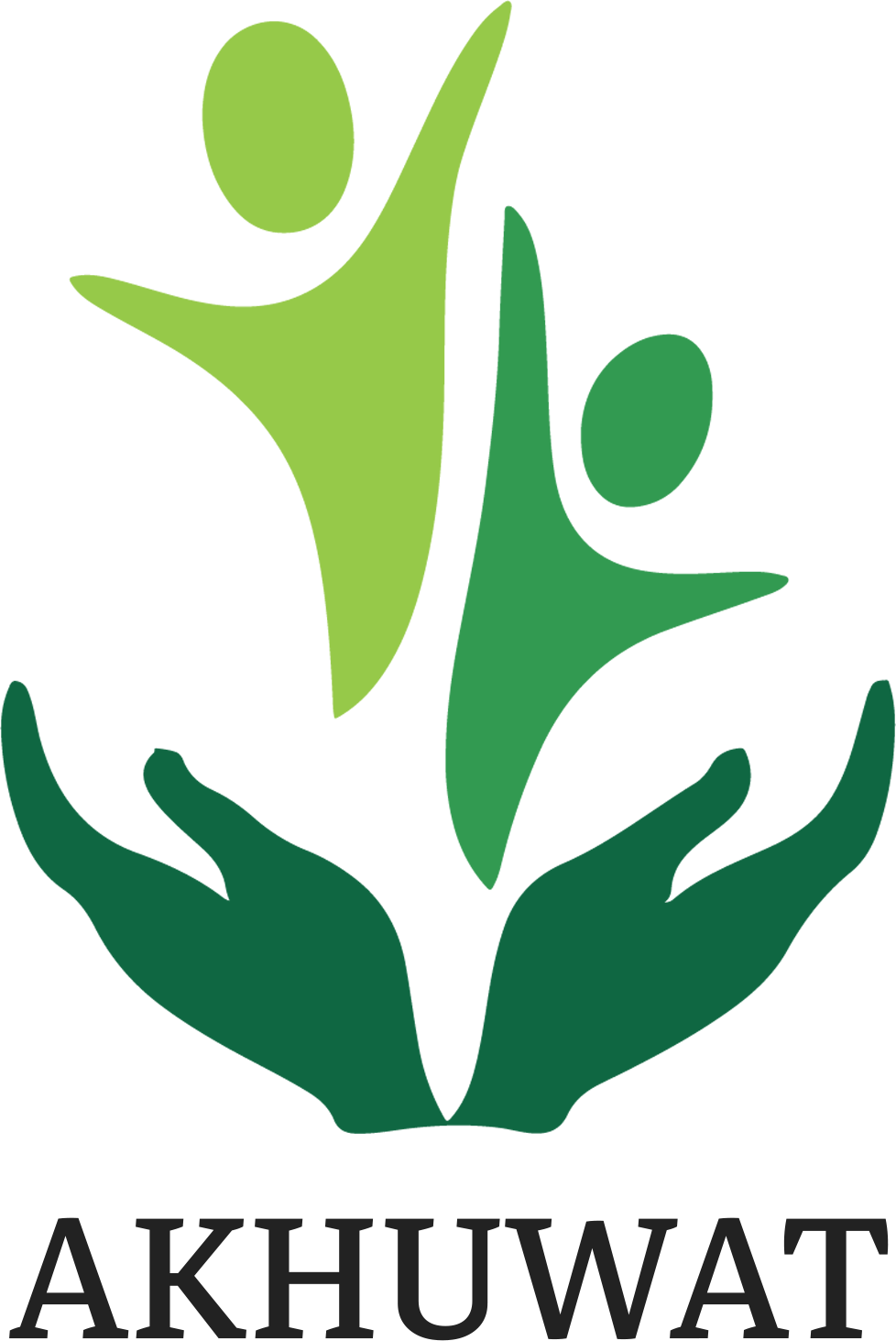Pakistan’s economy is one of the most underrated economies of the world. With a population of over 180 million, Pakistan is certainly one of the largest untapped markets today. Currently, our GDP growth rate stands at 4.7% and though the figure is much higher than what we had only three or four years ago, we still can’t assume that Pakistan has even tapped half of its resources. Fact is that our economy’s major part remains undiscovered due to our focus on big industries only. Our textile industry was considered powerful only a few years ago but the deepening energy crisis over the years has left even this industry in doldrums. And the situation is worsening with every passing year. In fact Finance Minister Ishaq Dar admitted a major drop in exports in 2015-16 during his budget speech on June 3.
How then is the country supposed to improve its economic situation? Eyeing the big markets, GSP Plus status at EU, Chinese investment is certainly important but must it be on the expense of our local industry? Have we really provided all our cottage industry and the smaller businessmen the support that they need? To understand the concept, we need to look at the Germany’s economic model. A country that makes Ford, BMW and Mercedes cars and is home to some of the biggest multinationals, does not base its economy on these monsters but the smaller companies the web of which stretches across the country. And as a result, Germany is today called the ‘Engine of Europe’.
Microfinance, therefore, is the way to go forward. Pakistan has a massive untapped market that can do wonders for our economy if our government and the rich start financing the poor, yet skilful, people who have business ideas and the passion to do something for their families and the nation. Although there are various organisations working in this field already and doing their best to discover, polish and shine the talents of such people, what we really need is the capital for these potential businessmen. All the provincial governments have repeatedly said that they are serious in financing the small businesses and cottage industry but, however sincere, these initiatives have been marred by the bureaucratic incompetence and corruption.
But there are some good organizations as well that have done some exceptional work in this field. ‘Akhuwat’ is one such example. The Non-Governmental Organisation (NGO) has been working in the field for the last fifteen years and has a number of glorious stories to share. The organisation is financing designers, electricians, plumbers, cooks, chefs, mechanics, beauticians, welders, software and hardware engineers, and even the freelancers. Having set up various businesses throughout the country and allowing the young entrepreneurs to use their skills to the advantage of their families, Akhuwat also has made sure that the financing remains within the folds of Islam. For this purpose they have introduced Islamic microfinance.
The organisation has done wonders during the last few years. Just like the Nobel Prize winner Dr Younas of Bangladesh, Dr Amjad Saqib, Founding Chairman of Akhuwat, has expanded the services of the organisation across the country and to various fields. And it’s not just the microfinance that the organisation is looking at; they have been working in the fields of health, education and various other social sectors as well. We need more such initiatives at various levels in order to support our economy and uncover the humongous potential that this country and its people have.

